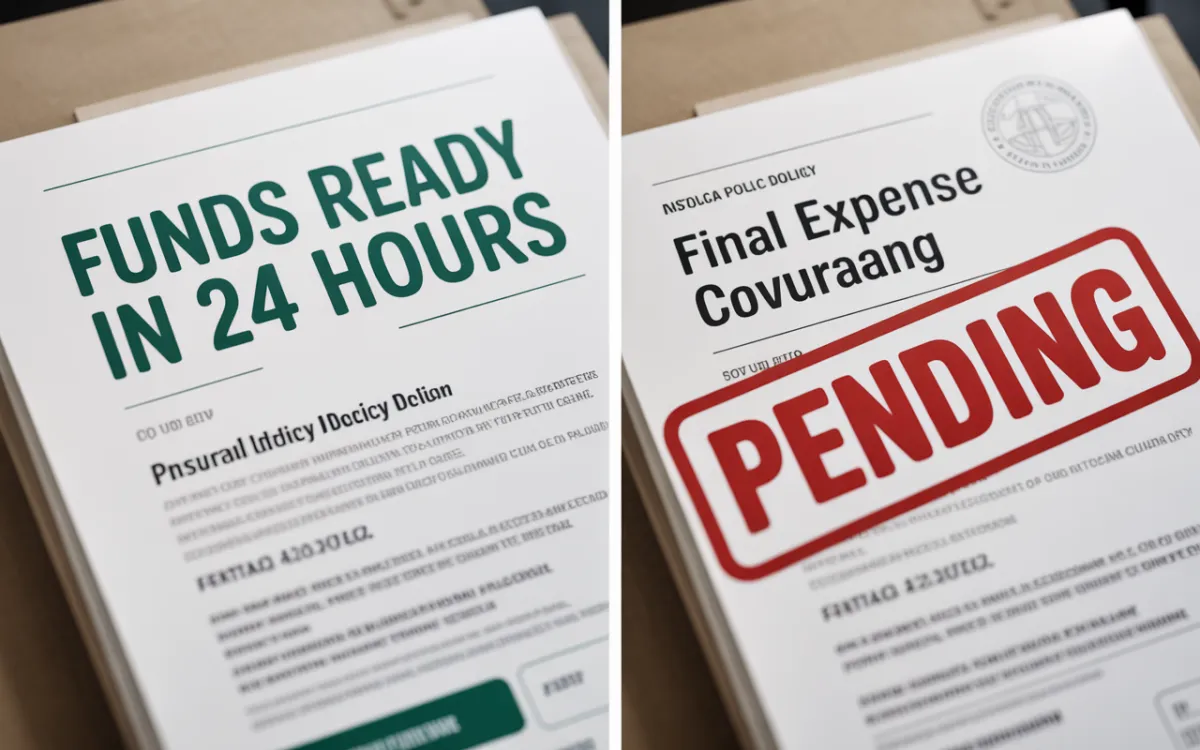
Funeral Trust vs. Final Expense Insurance: Which Protects Families Best?
When a loved one passes away, the last thing families want to worry about is money. Two common ways to prepare are through a funeral trust or final expense insurance. Both are designed to help, but the way they work — and who they protect — is very different.
What Is a Funeral Trust?
A funeral trust is a secure, irrevocable account set aside for funeral-related costs.
Payouts in 24–48 hours
Medicaid-compliant (protected in spend-downs)
Can be used at any U.S. funeral home
Covers more than just the service — meals, cremation jewelry, memorials, etc.
What Is Final Expense Insurance?
Final expense insurance is a small life insurance policy meant to help cover funeral costs.
Payouts may take weeks to process
Coverage often capped at $5,000–$15,000
Beneficiaries control funds (may or may not go to funeral expenses)
Key Differences at a Glance
Speed: Funeral trust = days, insurance = weeks
Control: Funeral trust guarantees funds go to funeral costs
Medicaid: Funeral trust is protected, insurance usually isn’t
Flexibility: Insurance can be used broadly but lacks safeguards
Both options offer benefits, but only one guarantees your family won’t be left scrambling. A funeral trust provides speed, compliance, and peace of mind.
👉 Ready to explore your options? Book a free consultation today.
